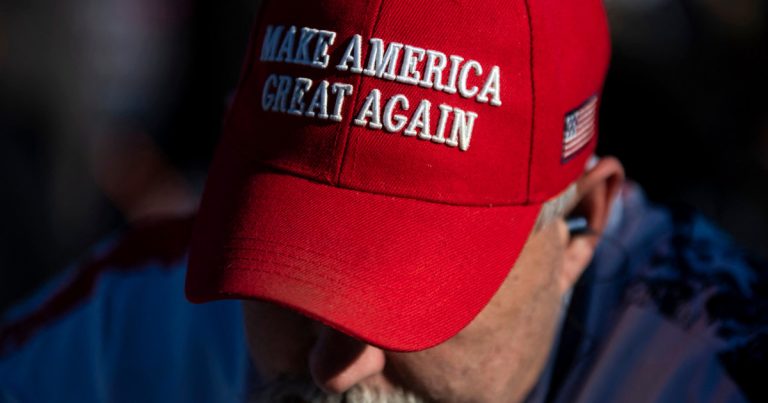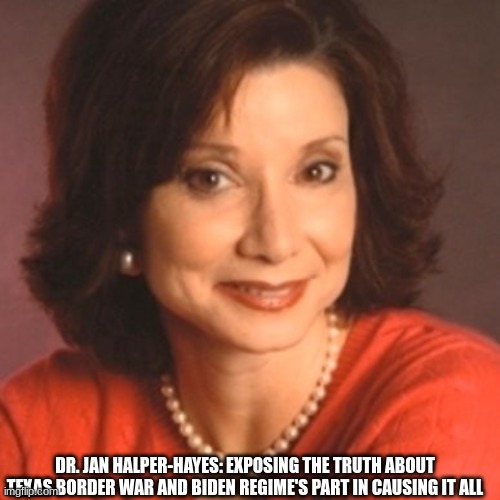

Unmasking the Deep State: 5 Shocking Truths They Don’t Want You to Know
The term “Deep State” conjures images of shadowy figures pulling strings from behind the scenes, manipulating events for their own inscrutable purposes. While the existence of a cohesive, centrally-controlled Deep State remains a subject of debate, the influence of powerful, interconnected networks within governments and institutions is undeniable. This article explores five shocking truths about these networks, truths often buried under layers of obfuscation and denial.
1. The Power of Unofficial Networks: Forget the single, monolithic entity. The reality is far more complex. The “Deep State,” if it exists, functions more like a loosely connected web of influential individuals spanning across governmental agencies, intelligence communities, multinational corporations, and even select media outlets. These individuals, often bound by shared ideologies, professional connections, and sometimes even clandestine agreements, exert significant influence far beyond their official roles. Their power lies not in formal authority but in their access to information, their ability to shape narratives, and their control over resources.
2. Information Warfare is Their Primary Weapon: Control of information is the lifeblood of any powerful network. The Deep State, if you will, doesn’t necessarily rely on brute force. Instead, it masters the art of information warfare. This involves manipulating public opinion through carefully crafted leaks, strategically placed narratives in compliant media outlets, and the suppression of dissenting voices. Think carefully curated “news” cycles designed to influence policy, shift public attention away from crucial issues, and maintain a desired status quo.
3. The Global Reach of Shadowy Influence: National borders mean little to these interconnected networks. The influence of these networks transcends national boundaries, creating a complex web of interconnected power brokers operating across continents. This global reach allows for coordinated actions across nations, impacting everything from international trade agreements to the outbreak of conflicts. The lines between national interest and the interests of these powerful networks often become hopelessly blurred.
4. The Illusion of Choice: Many believe they live in a democratic society with a genuine choice in their leaders. However, the careful manipulation of information and the behind-the-scenes influence of powerful networks can significantly limit the true scope of choices presented to the electorate. Candidates are carefully vetted, narratives are strategically shaped, and public discourse is meticulously managed to ensure that the ultimate outcome aligns with the interests of these networks.
5. The Resilience of the System: Attempts to expose and dismantle these networks often encounter significant resistance. The individuals involved are masters of self-preservation, employing a range of tactics, from discrediting whistleblowers to leveraging legal loopholes, to protect their power and influence. This inherent resilience explains why uncovering concrete evidence of coordinated action is so difficult, and why significant change remains a daunting prospect.
| Truth | Key Player | Method of Influence | Outcome |
|---|---|---|---|
| Information Warfare | Intelligence Agencies, Media Outlets | Propaganda, Leaks, Censorship | Shaped Public Opinion |
| Global Network Influence | Multinational Corporations, Think Tanks | Lobbying, International Agreements | Global Policy Decisions |
| Illusion of Choice | Political Parties, Campaign Finance | Candidate Vetting, Media Manipulation | Limited Electoral Choices |
| Resilience of the System | Government Agencies, Legal Professionals | Legal Challenges, Discrediting Opponents | Maintaining the Status Quo |
| Unofficial Networks | Former Government Officials, Bankers | Backroom Deals, Strategic Partnerships | Policy Decisions, Economic Control |
Unmasking the Deep State requires critical thinking, independent research, and a healthy dose of skepticism. While definitive proof remains elusive, the influence of these powerful networks is undeniable, and understanding their tactics is crucial for navigating the complexities of the modern world. The information presented here is intended to stimulate discussion and encourage further investigation, not to present definitive conclusions. The truth, as always, lies somewhere in the shadows.

Additional Information
Unmasking the Deep State: A Deeper Dive into Five Alleged Truths
The phrase “Deep State” evokes images of shadowy figures manipulating global events from behind the scenes. While the concept lacks precise definition and often veers into conspiracy territory, analyzing claims associated with it can reveal valuable insights into the complexities of power, influence, and institutional behavior. Let’s critically examine five common “shocking truths” often attributed to a deep state, adding depth and analytical perspective:
1. Unelected Bureaucrats Hold Excessive Power: This claim highlights the influence of unelected officials within government agencies. While it’s true that bureaucracies possess significant power due to their expertise and longevity, the extent to which this translates to undemocratic control is debatable.
- Analysis: The longevity of civil servants allows for the accumulation of institutional knowledge and expertise, which can be beneficial for policy continuity. However, this also fosters potential for resistance to change, even when mandated by elected officials. We see this in instances where agencies resist political directives, leading to accusations of obstruction. The “resistance” could be due to genuine concerns about policy efficacy or a genuine desire to maintain the status quo, potentially driven by bureaucratic self-preservation.
- Example: The resistance to certain aspects of the Trump administration’s agenda by elements within the State Department and intelligence agencies provides a case study. Whether this constitutes a “deep state” actively thwarting democratic will or simply bureaucratic pushback against perceived harmful policies requires careful contextual analysis.
2. Intelligence Agencies Operate with Impunity: Allegations of intelligence agencies acting beyond legal and ethical bounds are frequent. This claim focuses on the inherent secrecy surrounding intelligence operations and the potential for abuse.
- Analysis: The secrecy surrounding intelligence work is necessary to protect sources and methods, but this secrecy also makes it difficult to hold agencies accountable. Oversight mechanisms, like congressional committees and inspector generals, exist but face limitations due to the classified nature of many operations. This lack of transparency fuels suspicions of unchecked power.
- Example: The revelations surrounding the NSA’s surveillance programs following Edward Snowden’s leaks illustrate the tension between national security needs and individual privacy. The debate around the legality and ethics of these programs highlighted the vulnerability of democratic oversight in the face of powerful intelligence agencies.
3. Powerful Elites Manipulate Economic Systems for Personal Gain: This points to accusations of collusion between government officials, corporations, and financial institutions to enrich themselves at the expense of the public good.
- Analysis: While instances of corruption and cronyism undoubtedly exist, attributing all economic inequalities or crises to a deliberate conspiracy by a “deep state” is an oversimplification. Economic systems are complex and influenced by numerous factors, including market forces, technological change, and global events. While powerful actors can certainly exert influence, attributing all negative outcomes to a singular, malevolent group ignores other contributing factors.
- Example: The 2008 financial crisis sparked debates about the role of government deregulation and the influence of powerful financial institutions. While the crisis exposed failures of regulation and potential conflicts of interest, it’s crucial to distinguish between individual acts of malfeasance and a concerted, coordinated effort by a “deep state.”
4. Media Manipulation and Censorship are Widespread: The claim suggests that the media is controlled by powerful interests to shape public opinion and suppress dissent.
- Analysis: Media bias and the concentration of media ownership are valid concerns. However, equating this with a deliberate, coordinated effort to manipulate the entire media landscape by a “deep state” requires substantial evidence that is often lacking. The media ecosystem is complex and comprises diverse voices and perspectives, even if some media outlets are more influential than others.
- Example: Studies on media bias consistently reveal different perspectives and biases depending on the outlet, but it’s important to distinguish between unintentional bias, deliberate misinformation, and coordinated suppression of information orchestrated by a shadowy power structure.
5. Global Events are Orchestrated by a Secret Cabal: This extreme claim suggests that major global events, from wars to economic crises, are deliberately orchestrated by a hidden group of powerful individuals.
- Analysis: This notion simplifies the complexities of geopolitics, economics, and human behavior. While powerful actors and interest groups certainly influence global events, attributing them to a singular, unified cabal ignores the diversity of motivations, conflicts, and unintended consequences inherent in global interactions.
- Example: Conspiracy theories surrounding 9/11 or other major global events frequently cite a “deep state” as the orchestrator. However, such theories typically lack credible evidence and fail to account for the multifaceted nature of these events.
Conclusion: While concerns about the concentration of power, potential for abuse, and lack of transparency in various institutions are legitimate, the “deep state” narrative often oversimplifies complex issues. A critical approach requires analyzing specific claims with evidence, acknowledging the diversity of actors and motivations, and avoiding simplistic explanations that attribute events to a single, monolithic entity. Focusing on strengthening democratic institutions, improving transparency, and enhancing accountability mechanisms is a more constructive approach than promoting unsubstantiated conspiracy theories.




